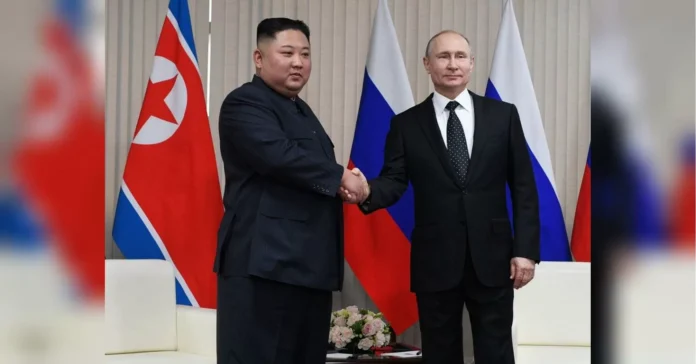Russian delegation votes against continuing the work of UN expert group monitoring sanctions in place since 2006
On June 2, 2021, the United Nations General Assembly held a vote on whether to continue the work of the expert group monitoring the sanctions in place against certain countries since 2006. The majority of the member states voted in favor of extending the mandate, but the Russian delegation stood out by voting against it.
The expert group, officially known as the Panel of Experts on the Implementation of Resolution 1718, was established in 2006 by the UN Security Council to monitor the implementation of sanctions against North Korea. The panel is responsible for regularly reporting on possible violations of the sanctions, as well as providing recommendations for their improvement.
Since its creation, the expert group has expanded its mandate to cover other countries, including Iran and Syria. The group has played a crucial role in overseeing the implementation of sanctions and ensuring their effectiveness in achieving their intended goals.
However, the Russian delegation’s decision to vote against the continuation of the group’s work has caused concern and raised questions about the country’s stance on international sanctions. Russia has been a strong ally of North Korea, and its veto power as a permanent member of the UN Security Council has prevented the adoption of more severe sanctions against the country.
In a statement after the vote, the Russian representative argued that the expert group’s work has not been transparent and has been based on «unverified and biased information.» They also expressed concern that the group’s reports have been used to justify further sanctions, which they believe are counterproductive.
This decision by Russia has been met with criticism from other member states, with some accusing Russia of attempting to weaken the effectiveness of the sanctions regime. Many have pointed out that the expert group’s work has been transparent and based on solid evidence, and any concerns about its reports should be addressed through dialogue and cooperation, rather than blocking its continuation.
The vote also comes at a time when the international community is increasingly concerned about the human rights situation in North Korea. The country has been accused of numerous human rights violations, including forced labor, torture, and arbitrary detention. The sanctions regime is not only aimed at curbing the country’s nuclear and ballistic missile programs but also serves as a tool to put pressure on the regime to improve its human rights record.
Therefore, the Russian delegation’s decision to vote against the continuation of the expert group’s work raises questions about the country’s commitment to addressing these serious human rights concerns.
Some experts believe that Russia’s decision could also be seen as a strategic move to gain favor with North Korea and strengthen their relationship. However, this decision is not in line with the international community’s efforts to hold North Korea accountable for its actions and promote peace and stability on the Korean peninsula.
In conclusion, the Russian delegation’s vote against the continuation of the expert group’s work has caused concern and raised questions about the country’s stance on international sanctions and human rights. The majority of the member states have reaffirmed their support for the expert group and its vital role in monitoring and improving the effectiveness of the sanctions regime. It is crucial for all member states to work together to ensure that sanctions are implemented effectively and to address any concerns through open and transparent dialogue.

